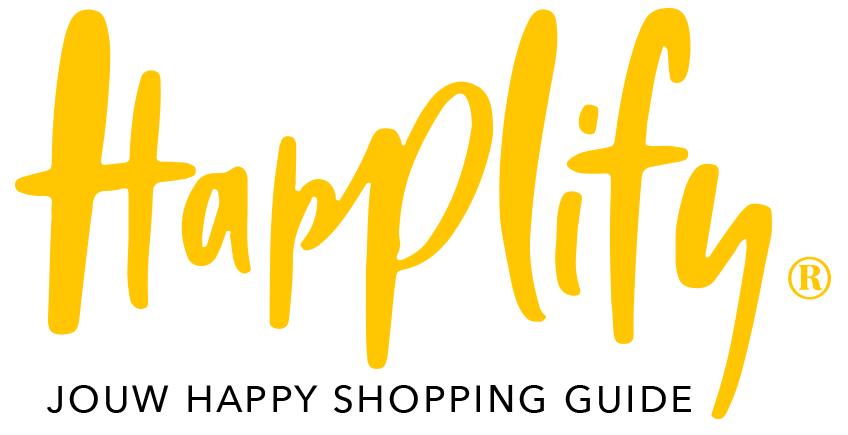It is very difficult to discuss 'what happiness is', for that reason countless books have been written about it and studies have been done. But you know, happiness in its purest form is not tangible and not difficult at all, it is a feeling. A very good feeling that must be alternated with less good feelings, otherwise you cannot compare and do not know when you feel happy. Like yin and yang.
That's why we're never happy all the time. And that is not necessary at all. But you can try to feel good as often as possible and you will succeed if you better understand what makes you happy.
When your heart jumps from that one song, when you fill up with a smell or memory, when you dream away when you chew that one piece of candy. Imagine mapping it all out and keeping it in your happiness document ? Isn't that super valuable for the rest of your life?!
The lucky chemicals
Although this is not a scientific article, it is interesting to know which happiness chemicals in your brain make you feel happy. Here they are in brief:
1 - Phenylethylamine (PEA) is a naturally occurring substance that is mainly produced when you are in love. It gives you energy, gives you energy, strengthens your attention and reduces feelings of depression. PEA is also produced in the brain as a result of physical activity, such as running. This may explain why depressed people often recover from sports or other physical activities.
2 - Dopamine is a substance that is part of the brain's reward system. This neurotransmitter makes us feel satisfied and rewarded. It is produced by 'pleasant' things such as food, cigarettes, sex and drink and provides a short but intense moment of pleasure. Due to the pleasant feeling of dopamine, people easily become addicted to smoking or drinking, for example. They are not so much addicted to the cigarette or the drink, but to the dopamine. Dopamine is also produced when you are in love.
3 - Endorphins give a feeling of relaxation, tranquility and stable happiness. This substance is produced by touch: when you are hugged, massaged or held by someone. In love, endorphins mainly play a role when infatuation gives way to love. Then endorphins take over from PEA and dopamine. This happiness substance is also addictive.
4 and 5 - Oxytocin and vasopressin induce feelings of calm, love and protection. Oxytocin in women and vasopressin in men. The body produces these substances, among other things, when people have sex. The pleasant feelings that these substances cause also increase the chance of partners
bond emotionally with each other and they encourage monogamous behavior.
6 - Serotonin is a happiness hormone that gives you a cheerful mood. This neurotransmitter can ensure that you have energy, that you can enjoy yourself and it makes you confident. A serotonin deficiency can cause various problems, such as feelings of depression, anxiety, reduced appetite, sleep problems and aggression.
How do you increase your own happiness?
You cannot be 100% happy, but the great thing is that you can improve your sense of happiness. How? By adopting an attitude of growth for yourself, a positive growth attitude to be precise. Also known as a positive 'mindset'. Researcher Carol Dweck was the first to come up with the terms 'growth posture' and 'immobile posture'. She discovered that with a growth attitude you have more self-esteem, are more resilient and can deal with challenges much better. More good news: you can teach yourself a growth attitude, because you can train this attitude.
With a growth attitude, you believe that you can always learn new things and become better if you try. If you have an immobile posture, you think you were born with a certain amount of intelligence and luck and that it will never get better (something about being born as a dime that can never become a quarter).

💡 TIP: Watch the film Yes Man
The story is based on the autobiographical book Yes Man by Danny Wallace, who said 'yes' to everything for a year and kept a diary about it.
Conclusion: saying 'yes' to everything is really not a solution, but saying 'no' to everything is certainly not. By moving more with the waves you will become less tired and you will visit places you would otherwise never have discovered!
Happlify your Life
This article comes from the book Happlify your Life , with this practical e-book you will step-by-step regain things that you may have lost: patience, kindness, trust in others (or in yourself), satisfaction, self-mockery and humor . The special 2024 version can be completed digitally, you will receive the e-mail reminder and the letter to yourself as a gift. More information >















Interesting? Share with someone:
Feel good recipe: mini croissants cereal
More happiness, less screen - EditieNL interview with Mariko